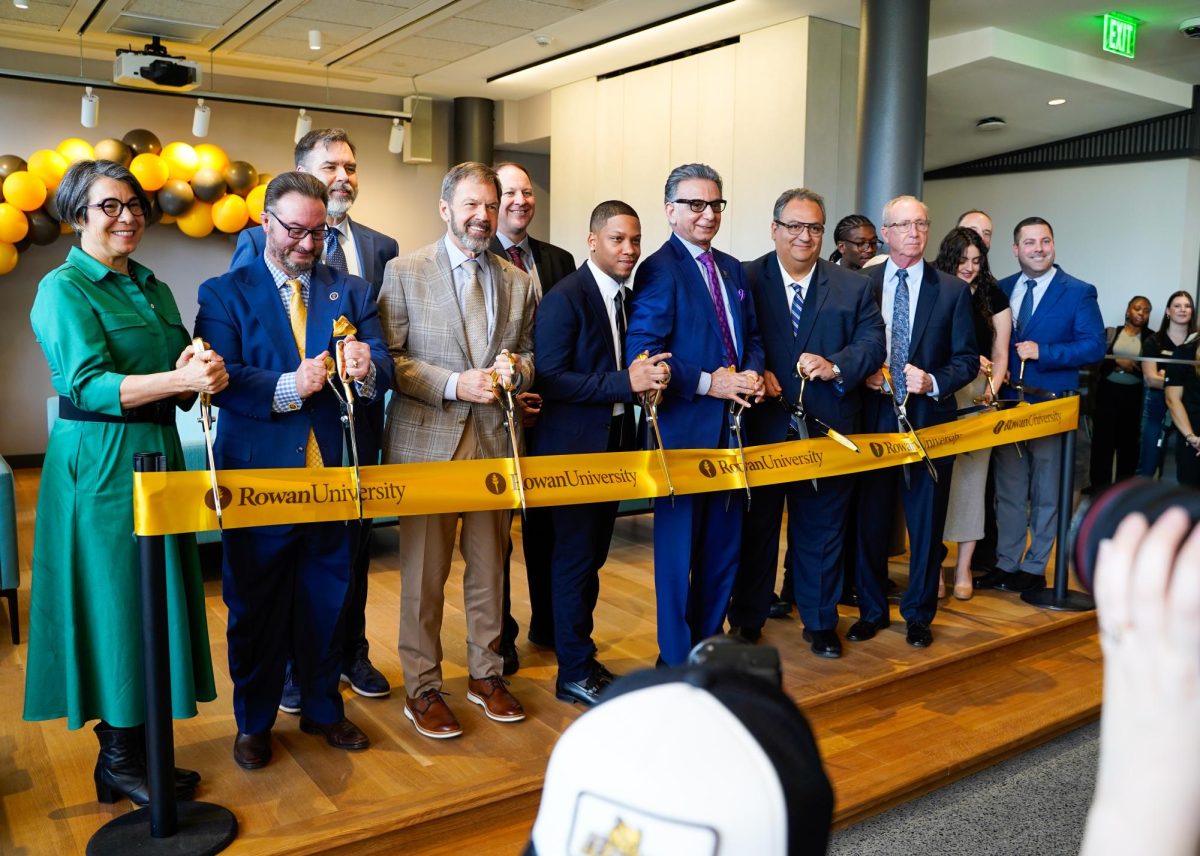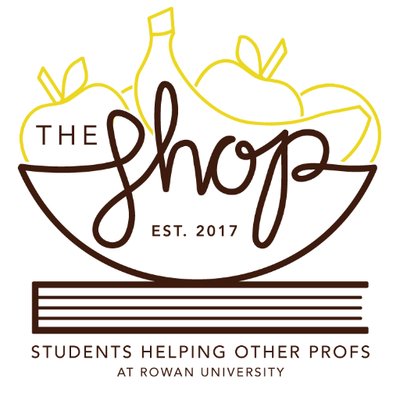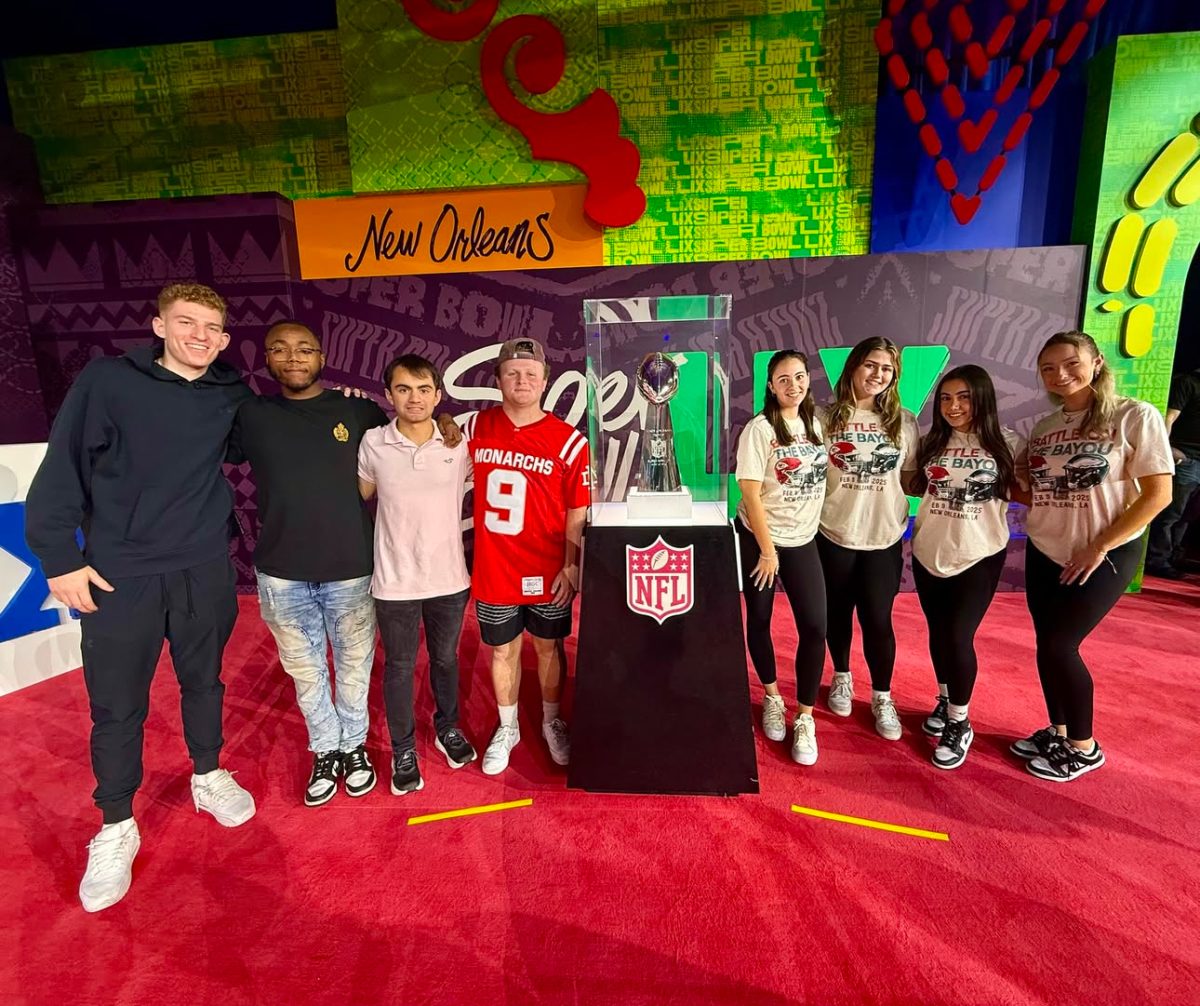The Division of Diversity, Equity, and Inclusion (DEI) of Rowan University held a WebEx meeting on the topics of racism, COVID-19, political culture, and how to deal with those issues on Wednesday, Nov. 4.
“We come to you one day after elections to talk to you about mental health,” Dr. Monika Williams Shealey, senior vice president of Rowan DEI, said.
Co-sponsoring the event was the Office of the Dean of Students, along with the Rowan Institute for Public Policy and Citizenship (RIPPAC) and the Office of Human Resources.
The host of the event was Allison Gunn, the managing administrative assistant of the Division of Diversity, Equity, and Inclusion. The moderator was Amy Hoch, the associate director of the Wellness Center at Rowan University.
The panelists included students and faculty from Rowan University and its two medical schools.
“It’s really my honor to be here today to talk about mental health, especially on a day when, as Dr. Shealey mentioned, we might be sitting with uncertainty and strong feelings about a variety of issues,” Hoch said. “It’s our hope we are not just reactive today, but responsive to the issue of mental health and self-care.”
Hoch posed many questions to the panelists like how social media can affect one’s mental health. The panelists agreed that there’s a lot to take in when one is on social media, and sometimes it’s better to take a break because that information will still be there when one comes back.
“One of the things besides having a cleanse is really being able to process what you see with a safe group of people because if you just internalize what you’re seeing over and over, it’s hitting your subconscious,” Kara Ieva, an associate professor in the counseling in educational settings program, said. “You’re thinking about it when you’re dreaming, you’re thinking about it when you’re having a conversation with someone else, subconsciously it’s still all playing out for you causing more and more feelings and potentially anxiety.”
Regarding politics, the discussion focused on how to talk to people who have opposite views as you. Everyone involved in the panel agreed that arguing is never the right way to go about it, and that you have to know when to walk away.
“All the topics that we’re talking about today are so controversial and there’s not just black and white,” student My’yonna Boyd, a biological sciences major, said. “There’s a lot of grey area between these, so when you have these conversations with people who have different views than you it’s okay to actively listen to them, try to understand and bridge the gap between the two and know that you can change your stance. That doesn’t make you the weaker opponent in these discussions.”
The panelists talked about raising one’s voice, and sometimes, if a person feels they can’t speak up, it’s okay to have an advocate. Many things are changing with COVID-19 and opening the door to the need to discuss society as a whole.
“I think this pandemic is an existential crisis for us as individuals and as a society,” Anthony Rostain, a professor of psychiatry and pediatrics at Cooper Medical School, said. “We have come to a point where we have to really be honest that our entire lifestyle and our way of considering who we are as people and as a society has to be reevaluated, and we’ve got to get back to the basics. We are all important, every one of us needs every single person to be able to live a good life, and if we’re just silencing people who want to speak the truth we have to say no.”
The meeting ended on a note about resilience and what it looks like to each panelist. They all shared personal remarks.
“When I think of resilience, I think of someone being valuable of having the ability to bounce back despite difficulties and rough times,” Elina Maymind, founding director of the Rowan University medical student and graduate student mental health program, said. “So, if we think of a kaleidoscope, at the end of the kaleidoscope there’s certain beads and rocks and all it takes is literally just moving the lens to see the different picture.”
For comments/questions about this story, email [email protected] or tweet @TheWhitOnline.

























































































































































!["Working with [Dr. Lynch] is always a learning experience for me. She is a treasure,” said Thomas. - Staff Writer / Kacie Scibilia](https://thewhitonline.com/wp-content/uploads/2025/04/choir-1-1200x694.jpg)













































